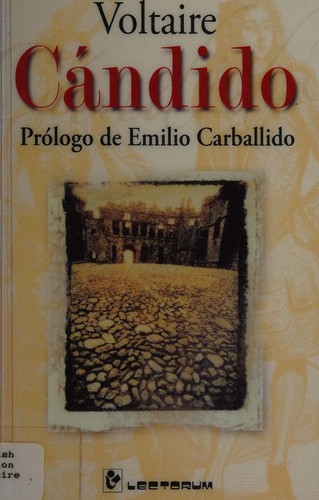Thoughts on reading Candide by Voltaire.

We analyze Chapter XXI of Candide and discuss how the dialogue between Candide and Martine at the end of the chapter serves as vessel for the larger philosophical debateover the nature of Human actions.
In Chapter XXI, Candide and Martin have just left El Dorado and are on a maritime jurney to go find Miss Cunegonde. On the boat, the pair discuss the peoples of different countries, Martin recounting his horrific experiences in France, while Candide shrugs of these pessimistic remarks with references to the idyllic El Dorado and the beautiful Miss Cunegonde.
The scope of this discourse eventually expands to the world at large, with Candide asking Martin on the nature of man
Do you think … that mankind always massacred one another as they do now? Were they always guilty of lies, fraud, treachery, ingratitude, inconstancy, envy, ambition, and cruelty? Were they always thieves, fools, cowards, gluttons, drunkards, misers, calumniators, debauchees, fanatics, and hypocrites?
To which Martin responds with a question of his own:
Do you believe … that hawks have always been accustomed to eat pigeons when they came in their way? … if hawks have always had the same nature, why should you pretend that mankind change theirs?
Candide replies:
there is a great deal of difference; for free will –
This discourse perfectly encapsulates the philosophical ideology of both men. Martin believes that humans may commit amoral acts, yet those actions are not the fault of the individual, but the consequence of human nature. Just as a Hawk has always eaten the Pigeon and will always continue to do so, Martin believes that humans have always committed gruesome acts, and there is no reason for this behavior to change. Candide, on the other hand, is a consummate optimist. He doubts that humans have always been as evil as in the current era, insinuating that the debaucheries committed by his peers are of side effect of the modern times, and that human society can return to a more utopic state. This thinking is revealed by Candide’s response to Martin’s analogy, stating that the difference between an Animal and a Human is that the Human possesses ‘free will’. Candide uses the idea of ‘free will’ to simultaneously excuse the maleficence of the present and predict a utopic future. Under this usage case, ‘free will’ is a supernatural force, as it does not have time consistent deliverables, such as the sun rising in the east and setting in the west.
The opposition between Martin and Candide’s belief in human nature encapsulates the differences between two major philosophical opinions on the nature of humanity. Martin serves as a representative for people who react to the deadly annals of human history with the understanding that the human world is a messy place because nature is messy. This is understanding is a common response to traumatic events that happen outside of individual control, such as natural disasters (Lisbon Earthquake) or bloody wars (The Seven Year War). Candide’s philosophy spans much of the general theology of the Roman Catholic Church; the past may be dirty, but there is an omnibenevolent, omnipotent, and omnipresent God who will make the world a better place. Here, God, not ‘free will’, is the supernatural force that is concurrently the cause of a dark present and for a bright future, but the sentiment still holds. It is easy to overlook terrible events when you have faith in an outside force that will transform all the hardships in life to splendors, like water into wine.